Study reveals veterinarians are not being proactive with OA
Just 11% of veterinarians discuss joint problems in healthy dogs, according to pet owners
Dog owners are not getting the proactive arthritis information they need from their veterinarian. This key takeaway is based on data collected through the Adequan Canine Osteoarthritis Awareness Study conducted by American Regent Animal Health, makers of Adequan Canine.
In the study, 575 dog owners were surveyed to assess how much they knew about canine osteoarthritis (OA) and what their veterinarians had discussed with them. The results, released on Jan. 16 during the 2023 VMX conference in Orlando, revealed that many veterinarians are not talking to clients about OA risks in dogs.
More than half, or 51 percent, of dog owners who participated in the study said their veterinarian had never talked to them about arthritis or other joint problems in their dog. Of those who had discussed joint issues with their veterinarian, 59 percent said they brought up the subject themselves.
Additional findings from the study include:
- 43 percent of dog owners said they knew “nothing” or “just a little bit” about canine osteoarthritis and joint problems.
- Just 11 percent of dog owners said their veterinarian had educated them about joint problems proactively, when their dog seemed healthy.
- More than one in five, or 21 percent, of those surveyed reported owning a breed known to be at high risk for OA. This includes Labrador retrievers, German shepherds, golden retrievers, bulldogs or rottweilers.
- 59 percent of dog owners said they were unfamiliar with disease-modifying osteoarthritis drugs (DMOAD), an FDA-regulated drug category. And 13 percent said the same about nonsteroidal anti-inflammatory drugs (NSAIDs).
With one in five dogs over the age of one suspected to have OA, the disease is the most common cause of chronic pain in dogs and is typically diagnosed between the ages of eight and 13. Although advanced age can contribute to the progression of Oat, it is important to recognize the link between orthopedic disease and the development of OA in younger dogs. Treating OA early in a dog’s life is necessary to help delay further joint damage.
During the session at VMX, experts discussed solutions that veterinary teams can implement to be more proactive about OA. The experts said to:
- Make OA a priority topic, discuss it with owners at every visit.
- Look for the signs. Educate dog owners about the early signs of OA, regardless of the dog’s age.
- Create a protocol. Establish a consistent protocol for diagnosing and treating OA and make the protocol part of clinic culture.
- Treat with a DMOAD. Recommend a disease-modifying osteoarthritis drug for dogs to help slow the progression of OA.
Learn more about canine OA and treatment options at: adequancanine.com



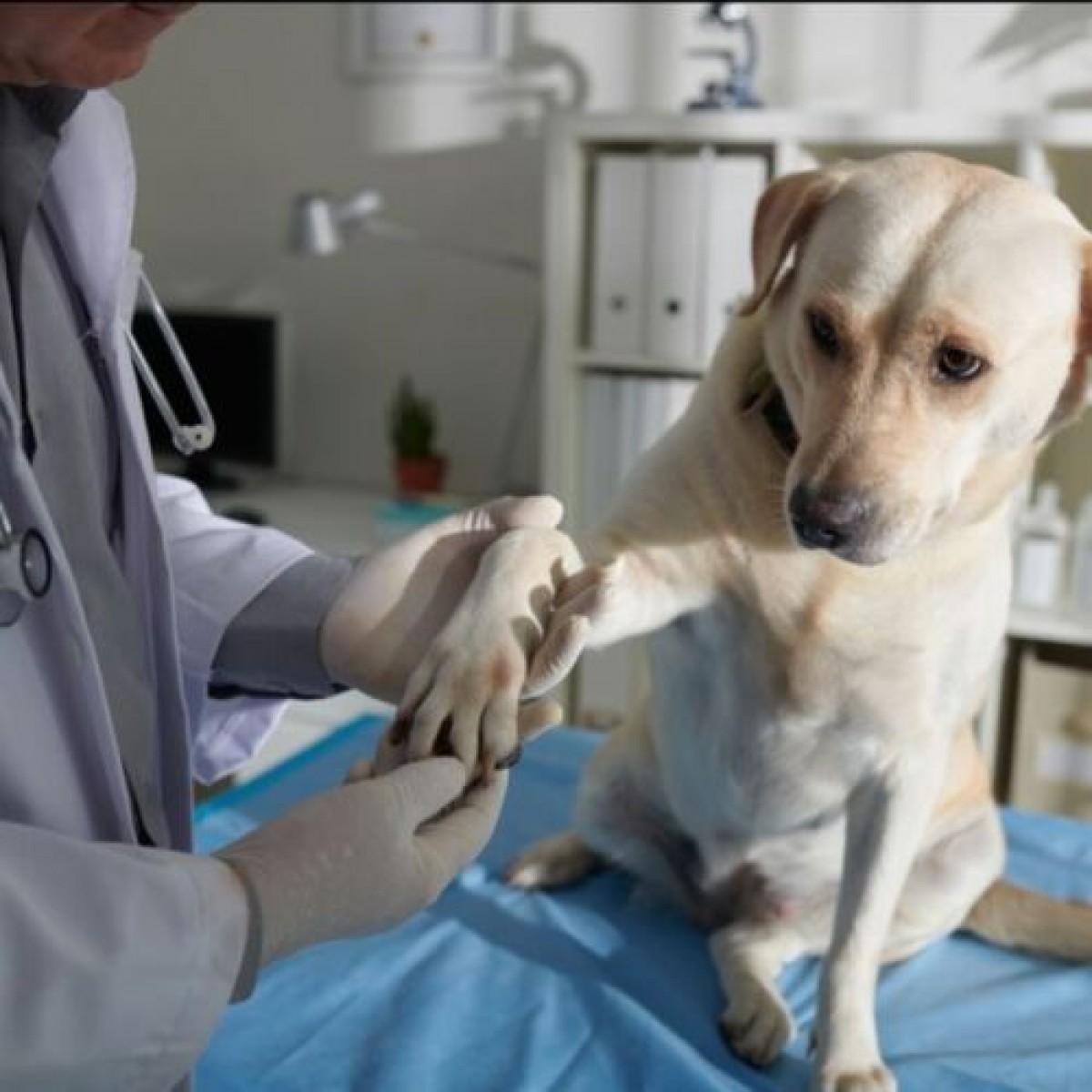
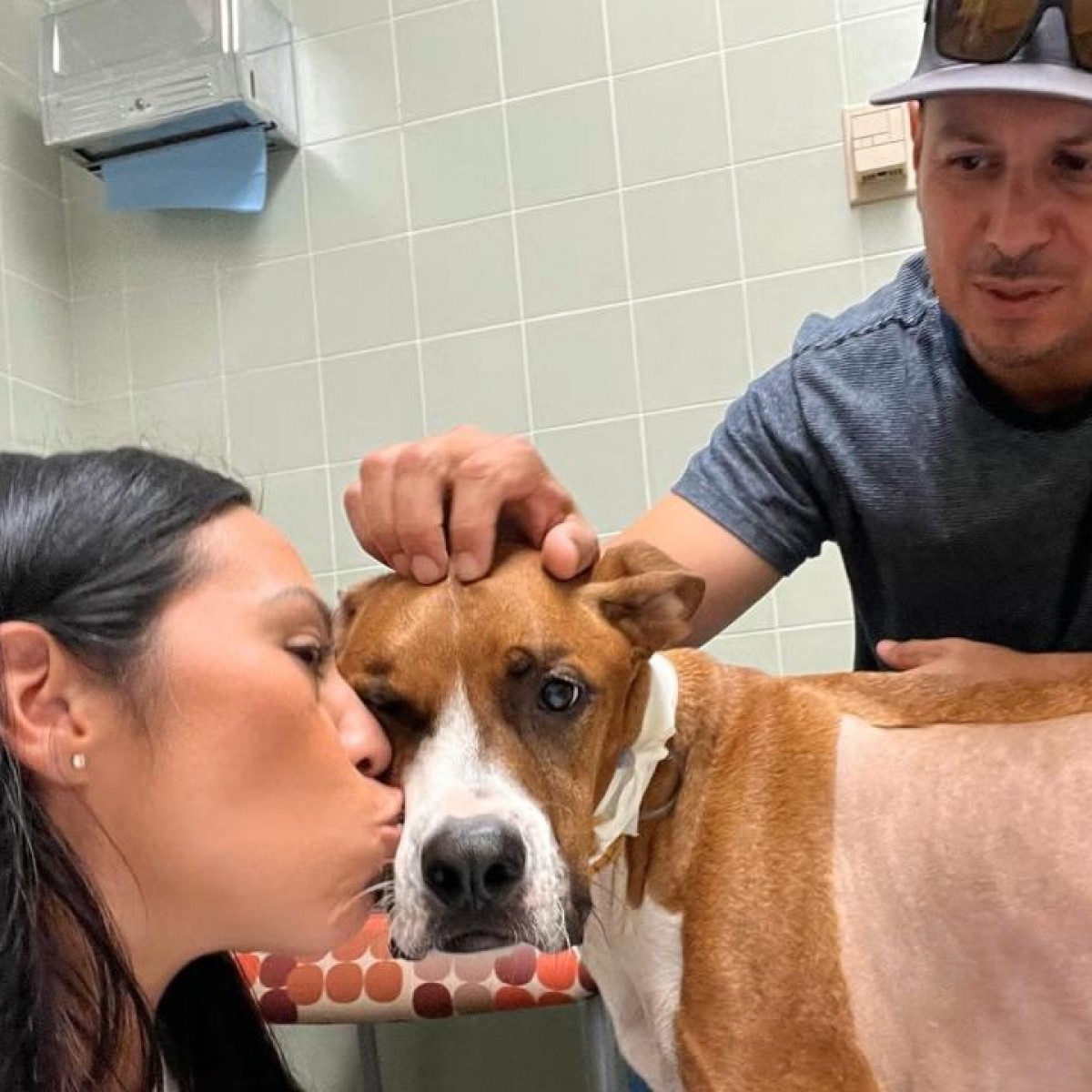
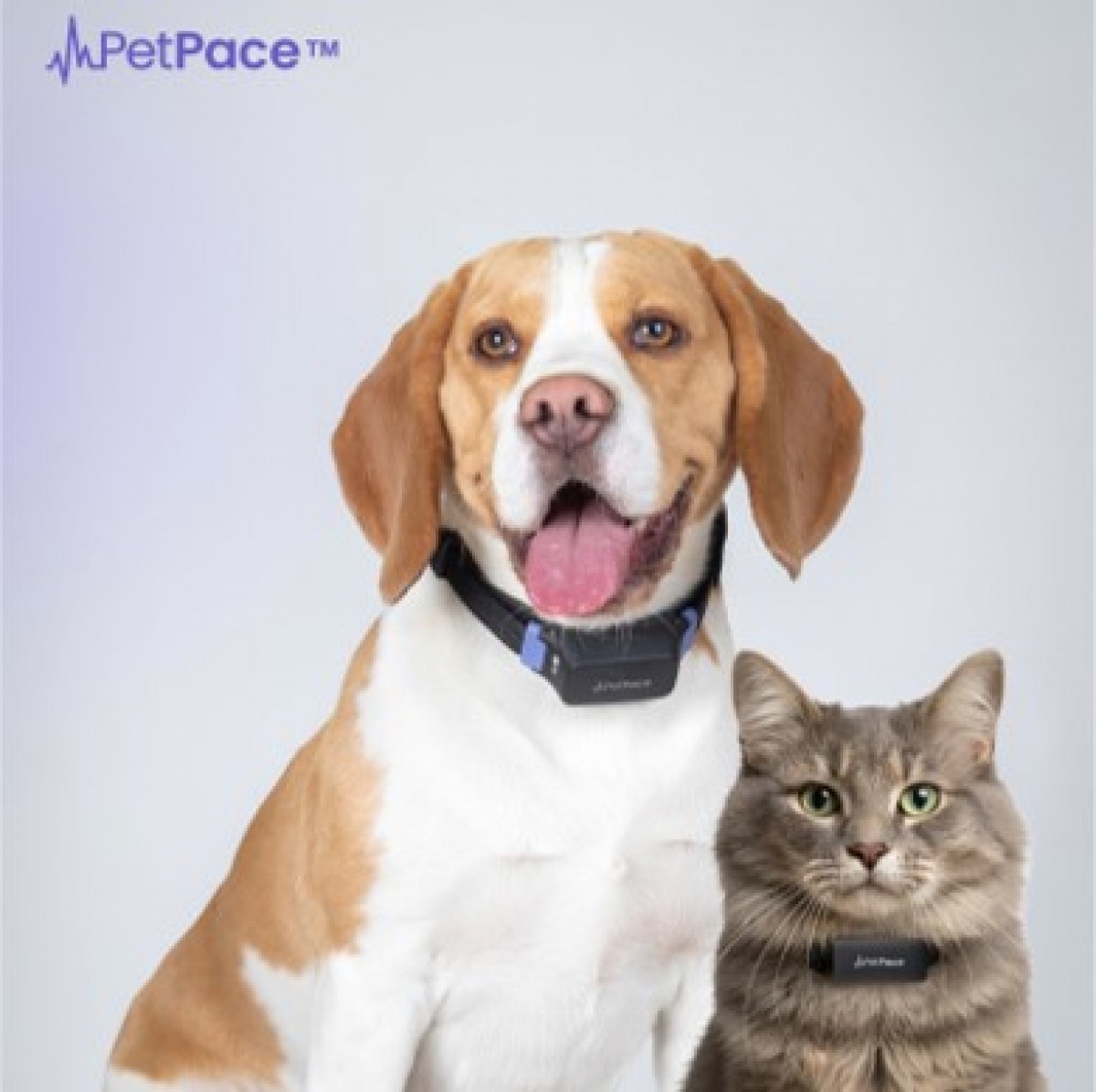

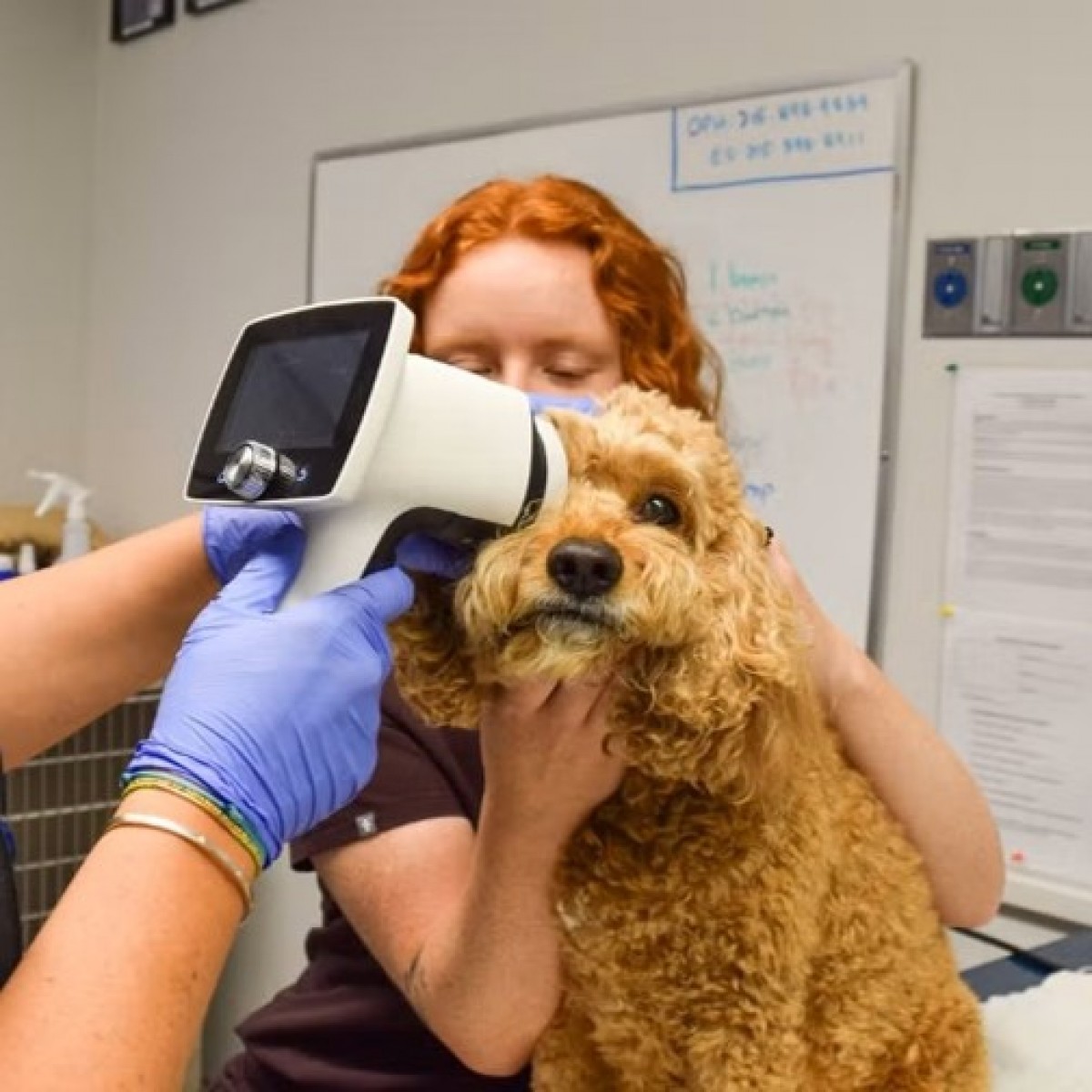


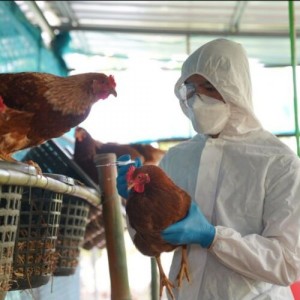



List
Add
Please enter a comment